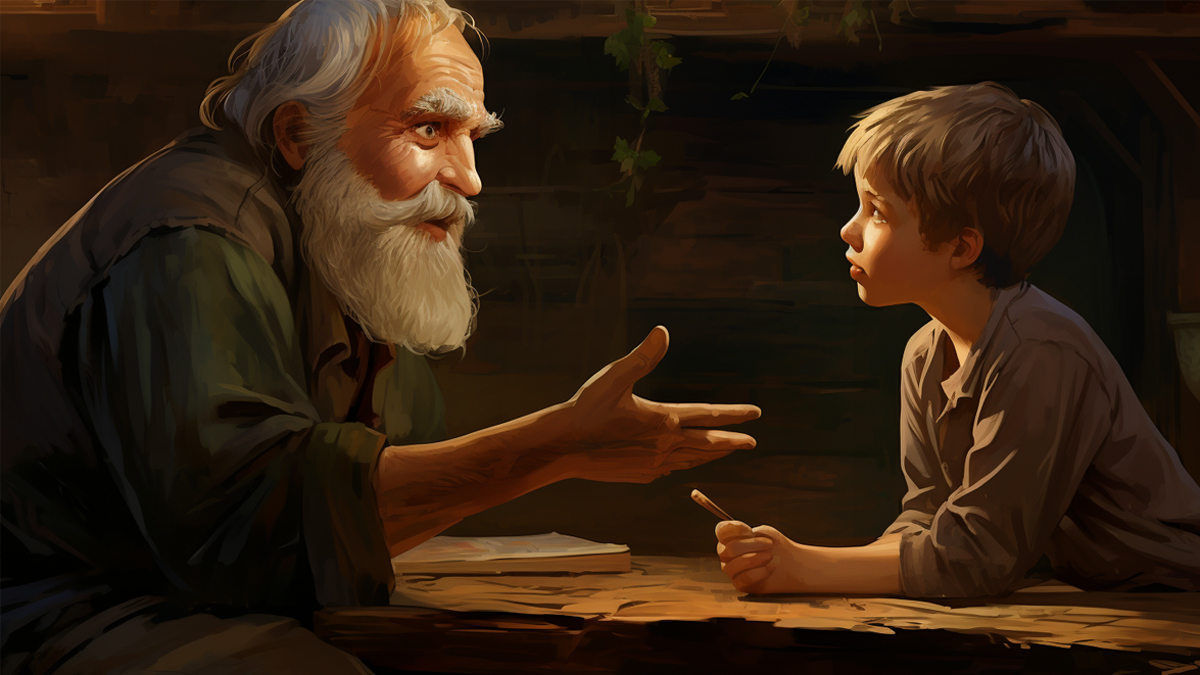Award-winning novelist Robert Stone explains why he’s made a late turn toward short stories, and why his new book (“Fun With Problems”) contains his first experiment with the first person.
Question: Have you turned to short stories out of “novel fatigue” or love of the form?
rnRobert Stone: Oh, well I was always in awe of the form. I did my first novel before I did my first short story. I earnestly pray that it isn't novel fatigue because I have actually, I miss the novel. I'm working on one now, which I hope will give me the satisfactions that I have always got from the novel.
rnNo, it can be harder to write a good story than to write a novel. In a way, you get the impulse to shorten, to compress. If you don't watch it, you can suppress everything. But you do get an impulse to make it simple, make it short.
rnBut I am interested in stories. My stories are different from my novels in that I think I don't forgive people as readily in my characters. I don't forgive my characters in short stories to the extent that I do in a novel. I think I’m pretty hard on them actually. And if I have a criticism of some of the stories, it's that I'm a little meaner to some of those characters than I ought to be. But I do find it fascinating to write stories, to make them short, to deal with subjects briefly.
rnQuestion: What did you attempt in this new book that you’d never attempted before?
rnRobert Stone: Well, one thing I did, in a kind of incidental way, I had never used the first person in fiction before. I have a story in there that is in the first person, something I had never done before. And so, I did that. I tried it to consider a fiction from that aspect. I wrote a couple of things more about art, the visual arts that I had, I think previously at least one or two of the stories are very much about the visual arts and what they are made to carry for, for the writer's purpose in this story.
rnIn style, I don't think in my terms very experimental, but I did a few things I had never done before.
rnQuestion: Why had you never used the first person before?
rnRobert Stone: I just didn't find it congenial. I couldn’t get the right relationship with the narrative. I just found that conventional past, you know, “he went up…it was Tuesday and he went,”etc., just the distance, the right distance between me and the narrative and the "I" -- It was Tuesday and I went – the space just wasn't right. The distance, the amount of space between myself and the point of view just didn't feel right. And that's what you go on. That's what I go on.
rnQuestion: Does age mellow writing or make it more urgent?
rnRobert Stone: It doesn't make it any easier, as far as I can tell. I think maybe for some people it mellows it, but I think one has to be very ****. Mellowing is a suspect process. I don't think a writer ought to mellow too much. I think you have to be hard on yourself and not indulge your own lovable peculiarities, or you'll violate your best stuff. I mean sentimentality is the enemy, which is not to say that sentiment is, I mean, sentiment is the real stuff. It's sentimentality that is the enemy, it's not sentiment.
rnBut I think you have to – I think it's easier to get too bitter than it is to get too sentimental, actually. I think it happens – it’s just as bad I think to be cheaply bitter. I mean, cynicism is easy and it's cheap. So, to be sentimental is inexcusable, but to be totally and automatically perverse and cynical is as bad as being sentimental.
Recorded December 9, 2009
Interviewed by Austin Allen





